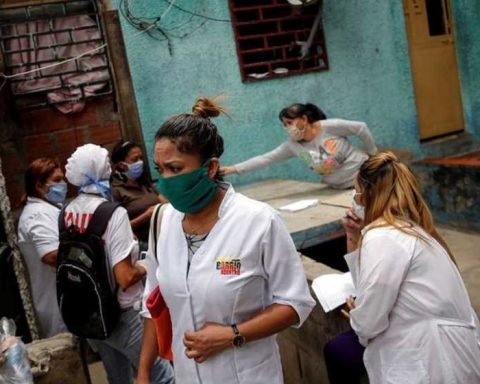Two data that have just transcended public opinion force the country to be diligent in its efforts to combat inflation.
It is that around the 54% of Dominican households It depends on their salaries as the main source of income and the fact that the real salary fell last February to a level below the pre-pandemic level.
The source of the first data is the semi-annual report of the World Bank: “Consolidating the recovery”the second is the Regional Center for Sustainable Economic Strategy (CREES), based on the average salary quoted in the Dominican Social Security System (SDSS).
These data reveal that most of the Dominican population, whose main livelihood is fixed income, is the most affected by inflationary processes such as the current one.
According to the Central Bank, year-on-year inflation, that is, of the last 12 months, from March 2021 to March 2022, stood at 9.05%, approaching double digits.
With such high levels of price inflation, there is no question that there has been a loss in purchasing power for most of the Dominican populationwhich deteriorates their standard of living, and since this also implies that it has not been possible to maintain the value of the real income of formal workers who contribute to the social security system, the impact of inflation also affects the financial sustainability of that system.
Can read: Considers the Government’s decision to maintain a fuel subsidy a wise decision
Monetary policy rate
As the main component of inflation is monetary, although not the only one, the Central Bank has been ordering increases in interest rates, leading the monetary policy rate from 3% to 5.50%and repurchasing titles to download the liquidity of the economywhich is still above its historical levels.
Therefore, there is still to be done in the monetary adjustment. But there are other fronts through which inflation can be attacked, through fiscal and other measures. that improve competitiveness.
The government has been targeting some subsidies to cushion the impact of inflation on the most vulnerable population, but this is not enough.
CREES has also proposed a reduction in the tax on fuel prices and other taxes as a strategy to combat inflation.
In the case of the fuel tax, in addition to being paid by consumers, it has an impact on the costs of the economy and, consequently, on the prices of other goods and, also, of services.
He has also raised remove factors from the law that keep fuel prices high.
















